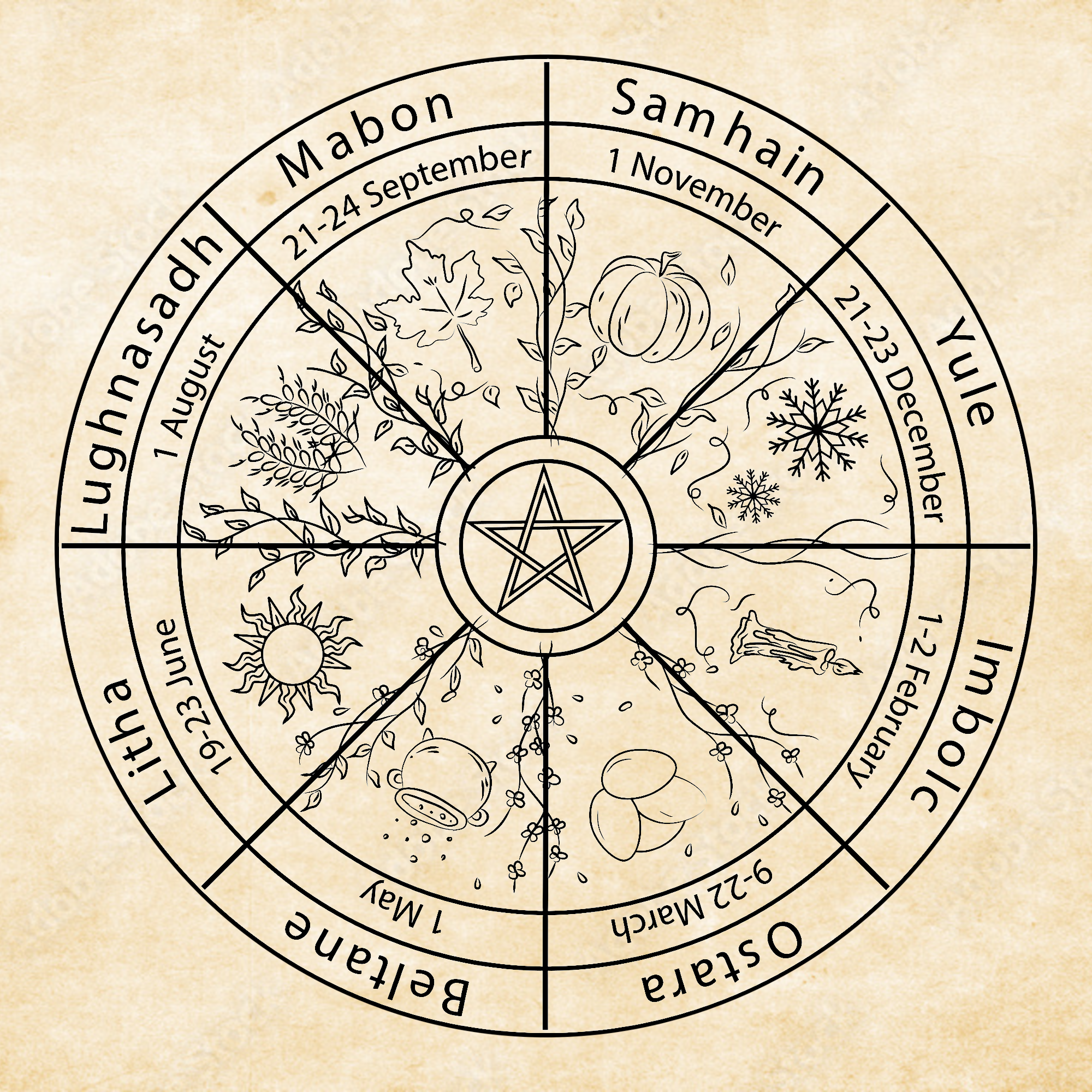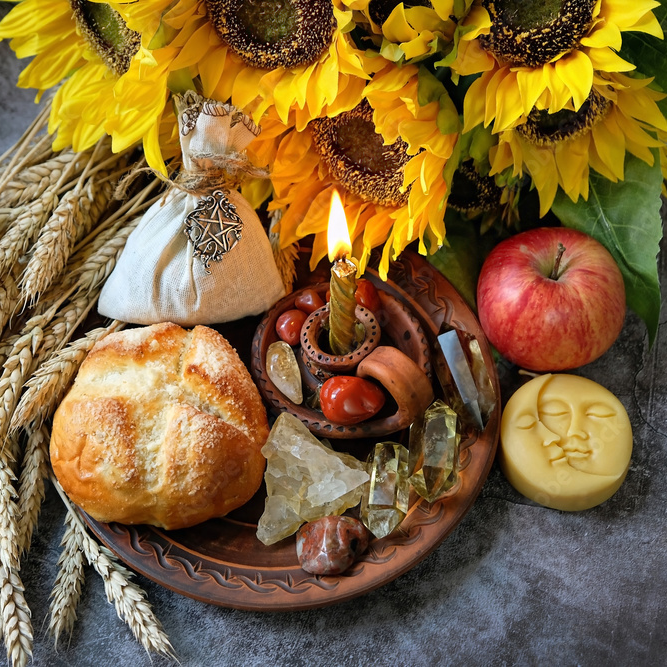Why Is Samhain Considered the Celtic New Year?

Introduction
Samhain, pronounced as "sow-in," is a festival that marks the end of the harvest season and the beginning of winter. But why is it often referred to as the Celtic New Year? Let's delve into the reasons behind this designation.
The Wheel of the Year
In the Celtic tradition, the year is viewed as a wheel with eight spokes, each representing a significant festival. Samhain is one of these festivals and marks the point where one cycle ends and another begins. This cyclical view of time lends itself to the idea of renewal and new beginnings.
The Three Harvest Festivals
Within the Wheel of the Year, there are three major harvest festivals: Lammas, Mabon, and Samhain. Lammas celebrates the first fruits of the season, Mabon marks the autumn equinox, and Samhain signifies the final harvest. Each festival has its own significance, but they all revolve around the theme of harvesting and preparing for the colder months ahead.

End of Harvest and Final Festival
Samhain is unique in that it is the last of the three harvest festivals. It falls at a time when the harvest has been gathered, and the fields lie fallow. This natural pause in agricultural activity, combined with its position as the final harvest festival, makes it a fitting time to mark the New Year.
Ancestral Connection
While the end of the agricultural year is a significant aspect of Samhain, the festival also serves as a profound time for ancestral connection. According to Celtic belief, the veil between the worlds is at its thinnest during this period, facilitating easier communication with the spirit realm. This unique connection to the past enriches the festival with layers of reflection and remembrance, inviting us to contemplate not just the cycles of the earth, but also the cycles of life and death.
Conclusion
Samhain's designation as the Celtic New Year is deeply rooted in cultural traditions, agricultural cycles, and spiritual beliefs. It serves as a time of reflection, planning, and connection to ancestral roots, making it a meaningful point to mark the beginning of a new cycle.
Share on: